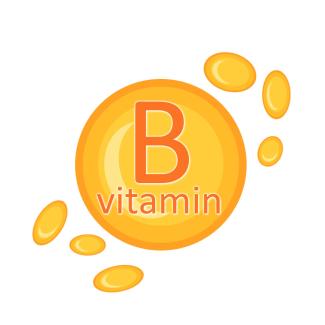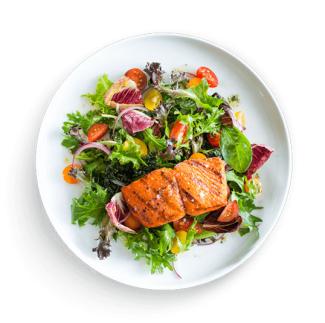
There are no specific "cleansing" foods that magically detoxify or cleanse the lungs, but maintaining a healthy diet can certainly support overall lung health and reduce the risk of lung-related issues. Here are some foods and dietary habits that can promote lung health:
- Fruits and Vegetables: A diet rich in fruits and vegetables provides essential vitamins, minerals, and antioxidants that can protect lung tissue from oxidative stress. Foods high in vitamin C, such as oranges, kiwi, strawberries, and bell peppers, are particularly beneficial for lung health.
- Cruciferous Vegetables: Broccoli, cauliflower, Brussels sprouts, and cabbage are rich in antioxidants and phytochemicals that may help reduce the risk of lung cancer and support lung function.
- Berries: Blueberries, raspberries, and blackberries contain antioxidants that can help protect lung cells from damage.
- Garlic: Garlic has anti-inflammatory and antimicrobial properties that may benefit respiratory health. It may help reduce the risk of respiratory infections.
- Ginger: Ginger has anti-inflammatory properties and may help alleviate respiratory symptoms like cough and congestion. You can consume it in teas, soups, or as a spice in cooking.
- Turmeric: Curcumin, the active compound in turmeric, has anti-inflammatory and antioxidant properties that may support lung health. Consider adding turmeric to your meals or consuming it as a supplement.
- Omega-3 Fatty Acids: Foods rich in omega-3 fatty acids, such as fatty fish (salmon, mackerel, trout), flaxseeds, chia seeds, and walnuts, have anti-inflammatory properties that can benefit lung health.
- Green Tea: Green tea contains antioxidants, such as catechins, which may help protect lung tissue from damage.
- Water: Staying well-hydrated is crucial for maintaining healthy lung function. It helps keep mucus thin and supports lung clearance.
- Nuts and Seeds: Almonds, sunflower seeds, and pumpkin seeds provide antioxidants and magnesium, which can be beneficial for lung health.
- Limit Processed Foods: Reduce your intake of processed foods, sugary drinks, and foods high in trans fats and saturated fats. These can contribute to inflammation and negatively impact lung health.
- Avoid Smoke and Air Pollution: Minimize exposure to smoke, including tobacco smoke and environmental pollutants, as these can harm the lungs.
- Stay Active: Regular physical activity, such as walking, jogging, or swimming, can improve lung function and lung capacity.
- Maintain a Healthy Weight: Obesity or excess weight can strain the lungs. Maintaining a healthy weight through a balanced diet and exercise can support lung health.
- Practice Deep Breathing: Deep breathing exercises and techniques can help improve lung function and lung capacity.
Remember that maintaining a healthy lifestyle, including a balanced diet and regular exercise, is crucial for overall well-being and lung health. If you have specific concerns about your lung health or respiratory conditions, consult a healthcare professional for proper evaluation and guidance.






